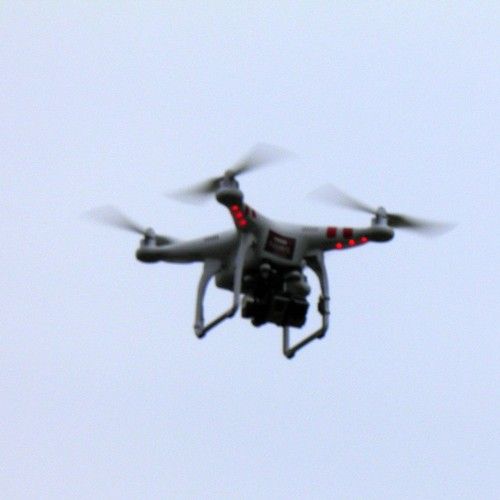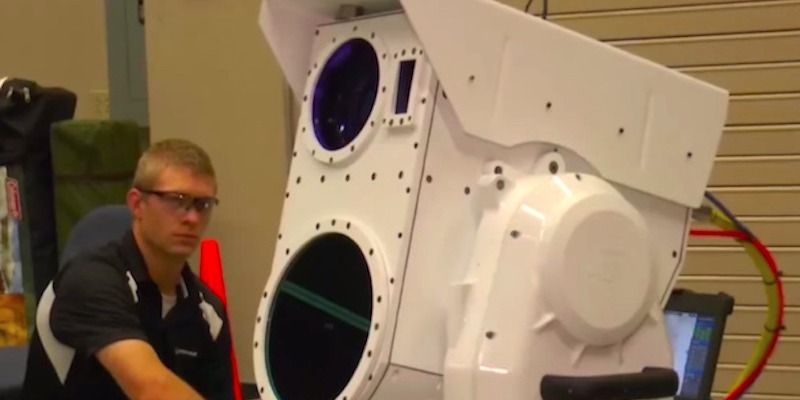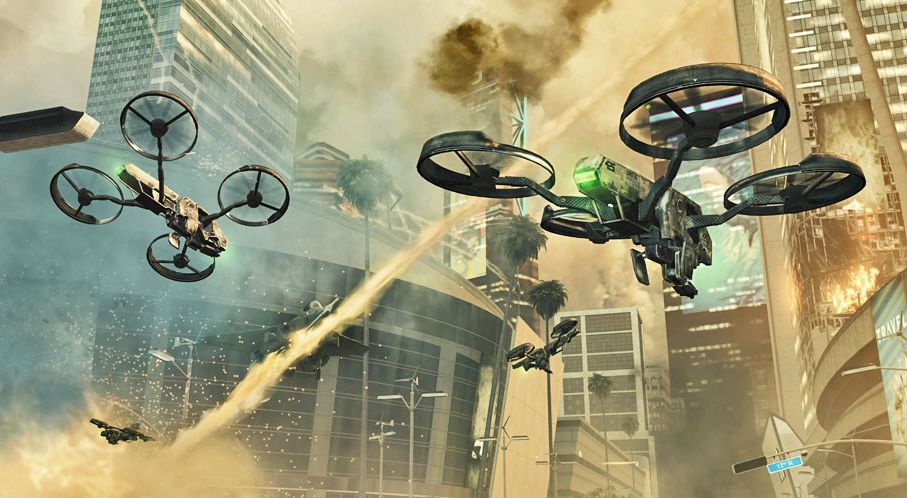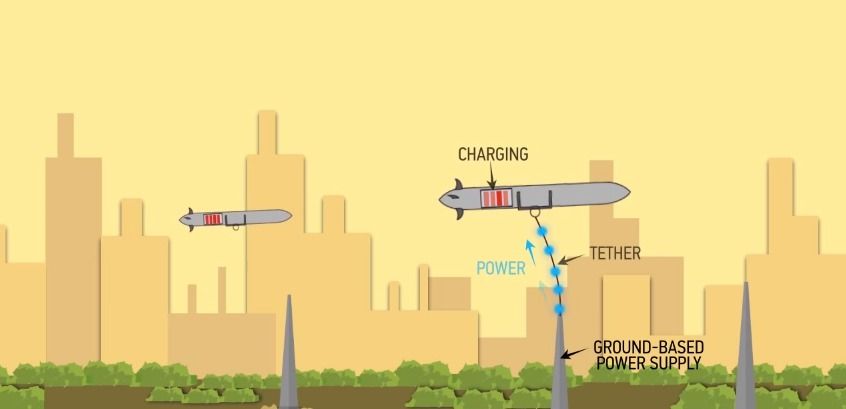Long time ago I was wondering why not to use drones (*) (named for that concrete application Extreme Access Flyers) to explore the space, to reach new planets, asteroids … it would be exciting … rovers are limited in action, so what if we make it airborne? Once in space, why not to send a drone or a swarm of them from the main spaceship to explore a new planet? They could interact, share capabilities, morph, etc.
While the economy looks more or less promising for civil and military, there is still a long path to walk …
“Teal Group’s 2015 market study estimates that UAV production will soar from current worldwide UAV production of $4 billion annually to $14 billion, totaling $93 billion in the next ten years. Military UAV research spending would add another $30 billion over the decade.”
Read more at http://www.suasnews.com/2015/08/37903/teal-group-predicts-worldwide-uav-production-will-total-93-billion-in-its-2015-uav-market-profile-and-forecast/
Now NASA pursues the aim of using drones to overcome the problems of rovers …
Read more at http://www.engadget.com/2015/07/31/space-drones-mars-moon-asteroid/
http://www.nasa.gov/feature/extreme-access-flyer-to-take-planetary-exploration-airborne/
(*) Using the word drone as it is more commonly used in society.
Ad Astra!





